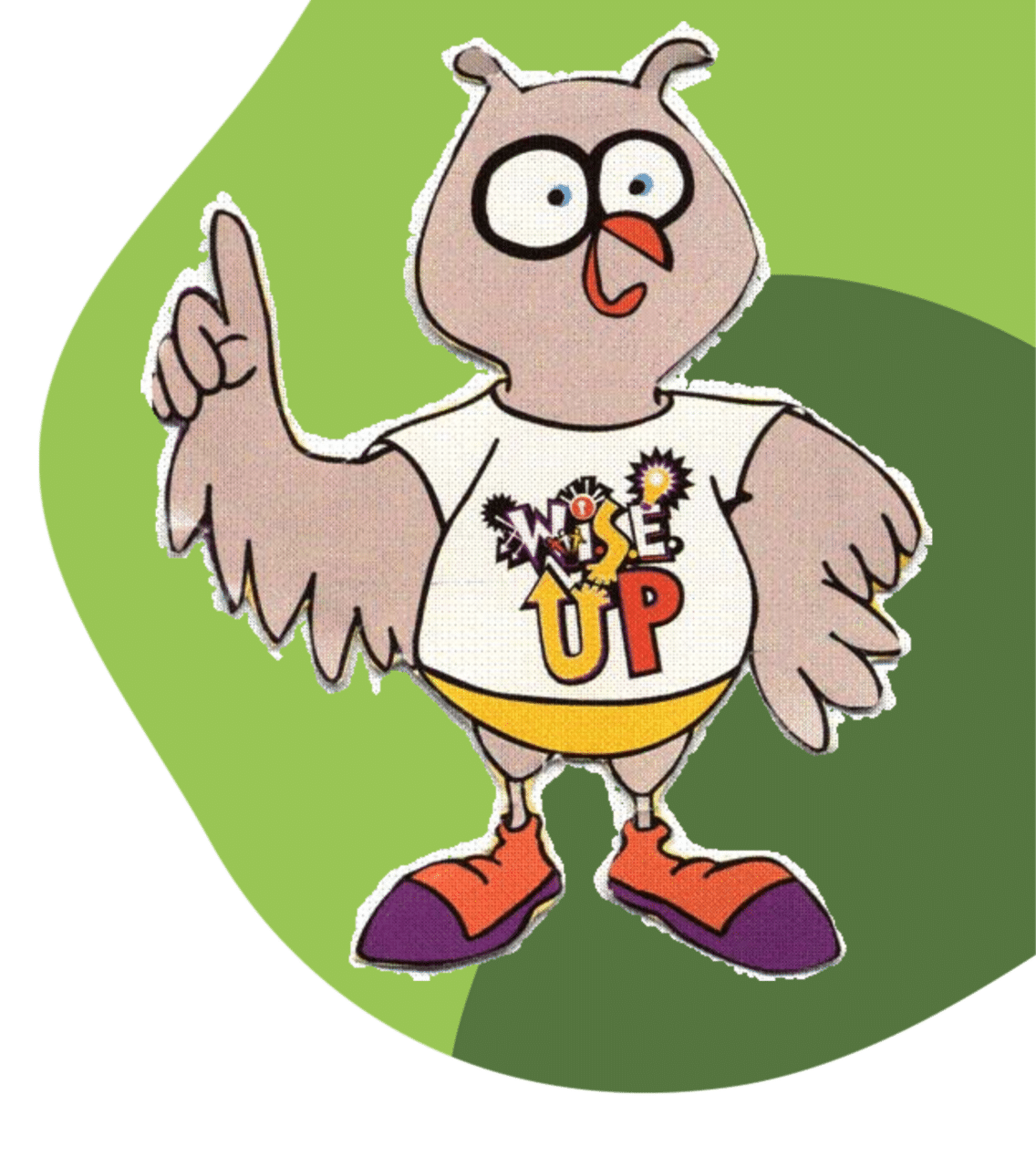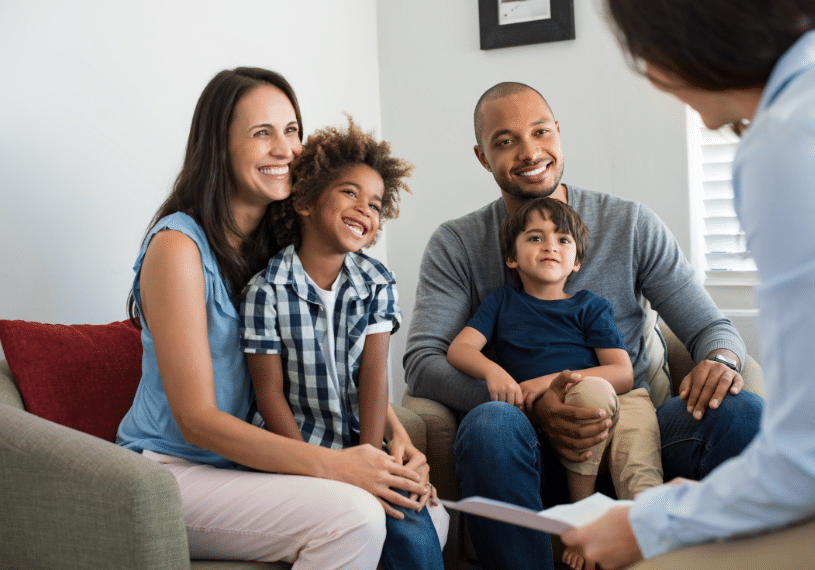We hope you found our W.I.S.E. Up!® workshop beneficial and worthwhile. As an added bonus, all attendees have received access to this exclusive resource page.
Please make sure to visit our free resources for recommended blog articles, podcasts, book and movie reviews and more.

